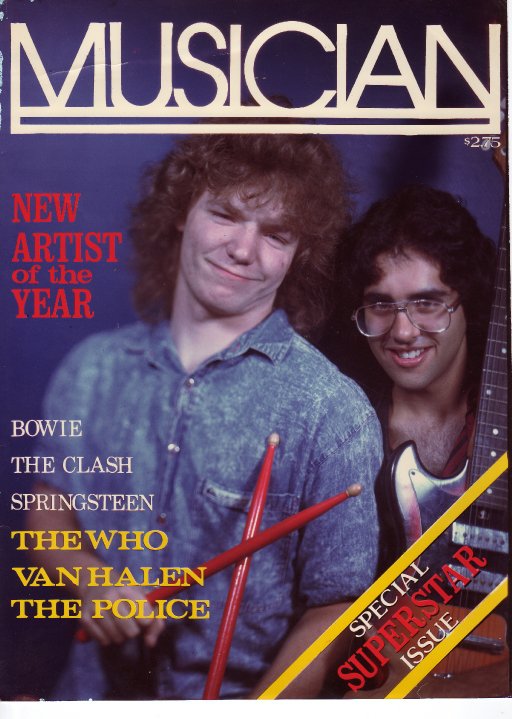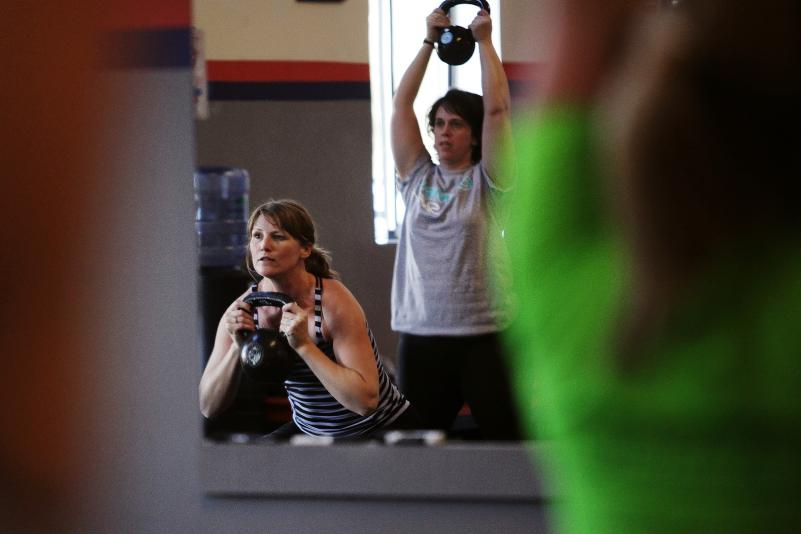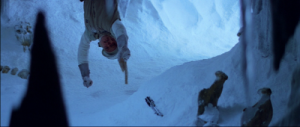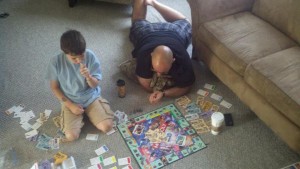I originally wrote this three years ago. Looking at it again, it’s an important post describing a time when not even best friends were safe from my insanity. I’ve updated it for the present.
Mood music:
[spotify:track:2YGwSRjcY4Hjz6fktW9619]
You know the type. They hang out with people who act more like abusive spouses than friends. They are human tourniquets. They absorb the pain of their tormentor daily and without complaint.
This is the story of the man who used to be my tourniquet.
I met Aaron Lewis in 1985, my freshman year of high school. He was the kid with really bad acne. But nothing ever seemed to bother him. I’m sure a lot of things bothered him, but he was very good at hiding his feelings.
That made him the perfect target for a creep like me.
Don’t get me wrong. He was a true friend. One of my best friends. We shared a love of heavy metal. We both got picked on, though unlike me, he didn’t take it out on other, weaker classmates.
We hung out constantly. He practically lived in my Revere basement at times. I let him borrow my car regularly. And if I drank, that was OK, because he almost never drank. He could be the driver.
Except for the time I encouraged him to drink a bottle of vodka. He had just eaten a bag of McDonald’s and I told him I was sick of him trying to get buzzed off of wine coolers. This night, I told him, he was going to do it right. He got smashed, and proceeded to puke all over my basement — on the bed, the carpets, the couch, the dresser. That was some strange vomit. It looked like brown confetti.
I sat on the floor, drunk myself, writing in my journal. I wrote about how drunk Aaron was and prayed to God that he wouldn’t die. Man, would I love to find that journal.
We saw a lot of movies together. We watched a lot of MTV.
He was the perfect counterweight to Sean Marley. Marley was essentially my older brother and I spent a lot of time trying to earn his approval. I didn’t have to do that with Aaron. He didn’t criticize. He didn’t judge. He just took all my mood swings on the chin.
I would sling verbal bombs at him and he’d take it.
I would slap him on the back of the neck and he’d take it.
I was evil. And he took it.
That’s a true friend.
Aaron got married, moved to California and has a growing family. He’s doing some wonderful things with his life. I cleaned up from my compulsive binge eating, found my Faith and untangled the coarse, jagged wiring in my brain that eventually became an OCD diagnosis.
If he’s reading this, I apologize for all the times I was an asshole. I hope somewhere in there, I was a good friend, too.










